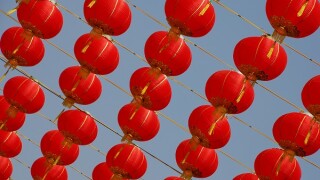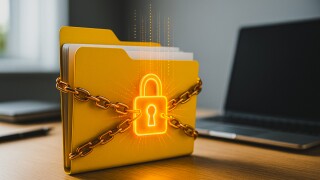Firm
IP firms say they have been educating some clients on AI use, with ‘knowledge-sharing’ becoming more prevalent
The four-partner addition includes A&O Shearman’s former co-head of global IP litigation
A settlement involving Disney and another ruling concerning a lawyer’s request for access to documents were also among the big developments
Blank Rome’s launch in West Palm Beach, marked by the arrival of two IP partners, comes in response to rising demands from technology clients
Recently published Special Focus articles
Recently published Special Focus articles
-
Sponsored by Griffith HackRobert Wulff and Arun Nagasubramanian of Griffith Hack analyse patent filings statistics to assess Australian and global progress towards building a hydrogen-fuelled economy
-
Sponsored by Bird & BirdRichard Vary of Bird & Bird explains why Wuhan has become a destination jurisdiction of anti-suit injunctions and looks at the challenges that implementers face
-
Sponsored by Spoor & FisherPaul Ramara from Spoor & Fisher explains the importance of relationship-building for brand owners dealing with enforcement authorities and customs officials
-
Sponsored by Patrinos & KilimirisEvangelia Sioumala of Patrinos & Kilimiris looks at a recent judgment from the Athens Administrative Court of First Instance that favours the verbal elements of a trademark
-
Sponsored by Hanol IP & LawMin Son of Hanol IP & Law looks at how the Korean Intellectual Property Office (KIPO) and the Korean courts have judged the registrability and validity of pharmaceutical trademarks according to more specific criteria
-
Sponsored by Gün and PartnersUğur Aktekin and Zeynep Seda Alhas of Gün and Partners explore how the disruption caused by the coronavirus pandemic affected the enforcement of trademark rights in Turkey





















